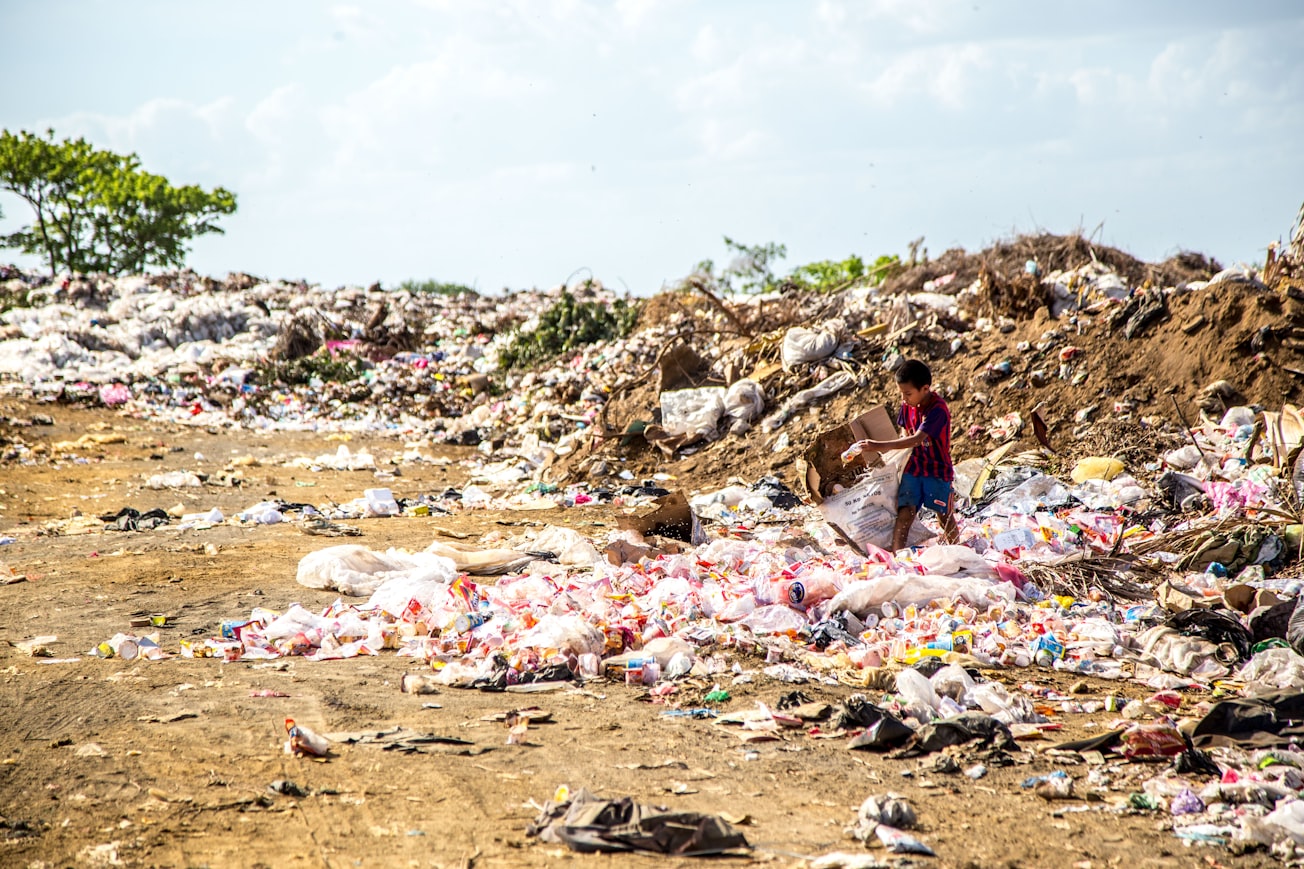What is it about?
Coronavirus preventive estimates brought about a high effect in the plastic business and waste administration. Unlike most PPEs (gloves and masks) and Single-use plastic (SUPs) are lightweight and disposed of in open dumps. This can be transported by wind and surface flows, rapidly spreading to natural environments close by, and threatening terrestrial and aquatic biota. The findings of this study indicate that non-biodegradable plastic waste may be transformed into useful products which may further be utilized in demanding segments. Traditional disposal methods such as landfill, incineration and autoclaving are unable to diminish environmental burden because of the issues such as large land occupation, toxic gas release and unsustainability. Besides, hospital wastes are ideal raw materials, which contains high carbon content, hydrogen, and heating value.
Featured Image

Photo by Hermes Rivera on Unsplash
Why is it important?
This study has been conducted to utilize waste non-biodegradable PPEs through Catalytic pyrolysis method. In contrary to recycling, pyrolysis is an eco-friendly technology because it does not create air and water pollution. The process is simpler, adaptable and less energy demanding than normal recycling technique as it does not require an extreme sorting action.
Perspectives
The findings of this study indicate that non-biodegradable plastic waste may be transformed into useful products which may further be utilized in demanding segments.
Era Upadhyay
Amity University Rajasthan
Read the Original
This page is a summary of: Production of Hydrocarbon Liquid Fuels from waste Personal Protective Equipment (PPEs) through Pyrolysis, ChemistrySelect, June 2022, Wiley,
DOI: 10.1002/slct.202200356.
You can read the full text:
Contributors
The following have contributed to this page







